When patients and their families seek hospice care, they are thinking about how they will die. They want to be without pain, shortness of breath, loneliness and, above all, fear. They want to end their lives with those they love, in a place they know, respected, and supported. They want control. They want dignity. This we all know and as friends, family, caregivers, these things we try to provide. Nonetheless, there is something more important, which we often forget.
Human beings are meaning machines. There has never been a society and rarely a person that did not seek answers to why we walk this planet. For many the answer lies in a god and her love. For others, the purpose of life is mankind, humanity itself, with our most important commandment to treat each other well and continue evolution’s path. Some see man and womankind as the ears, eyes and memory of the universe itself, put here to revel and record its glory.
Just as important, in each of our lives we find meaning in daily events, in moments. The work we do. The service and good deeds we perform. The things we create. What we learn. What we teach. What we paint, mold or sculpt. What we sow and reap. What we cook or even the pleasure of what we eat. A sunrise. A sunset. Four birds against a pure blue ski, headed south in September.
Above all, there is meaning in what we share; A special meal, a dance, a song, a touch, a smile, knowledge, understanding, laughter. The joy and wonder of generations.
The end of our lives is about living and not about being dead. Therefore, the search for meaning never stops, as long as there is breath. That being true and universal, what terrifies us most at life’s end is not physical loss and discomfort, but the possibility that such suffering may cause a greater agony … the loss of our search and connection to meaning. The possibility of such a horrible existential and real loss, having to live empty without that which has given us purpose and direction, suggests being dead while walking. A loss of everything we are and try to be.
Supportive, complete and empowering end-of-life care must focus not just on narcotics, dressing wounds, home supplies and complete communication. It must understand that the goal is to help each person continue to be nourished by the search and enjoyment of life’s meaning. This is absolutely personal, spiritual in the deepest sense. This means never forgetting that the patient is the one on the journey and it is our responsibility to support their decisions and desires. None of us exactly share their view of life and none of us understand what it means to them.
When we choose how our lives will end, or when we support and care for those with grave disease, we must remember that the great risk of modern aggressive interventional medical care is that it can strip us of everything we hold dear. It is not just about preventing and treating physical pains. These losses are obvious, basic. Life is about work, home, family, spirit, creation and discovery. The nightmare which threatens, as we rush from treatment to treatment, is that denial, futile hope and desperate action can rip from us that on which we have built a life. Human beings must seek and find meaning. Without, we are morbid shells.
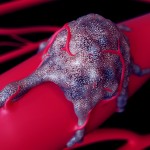
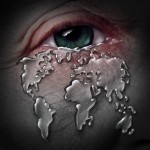
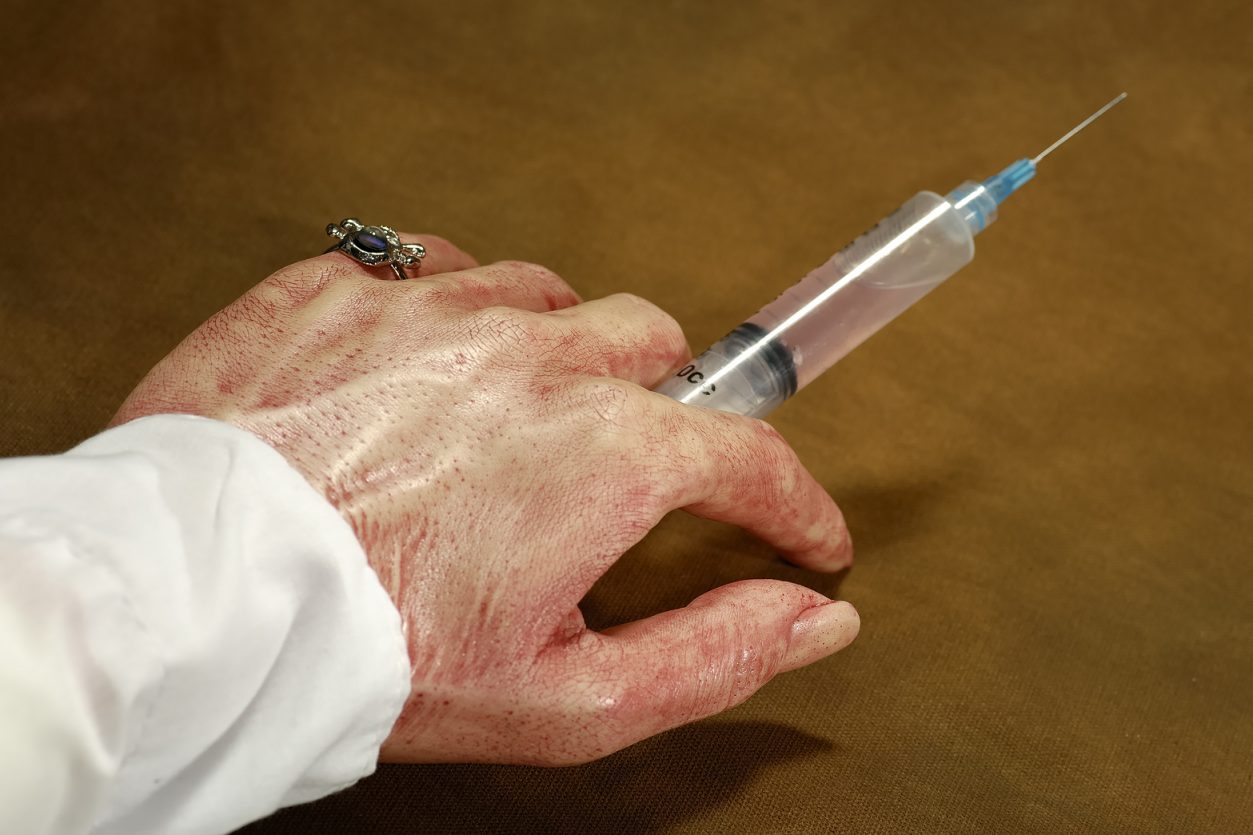
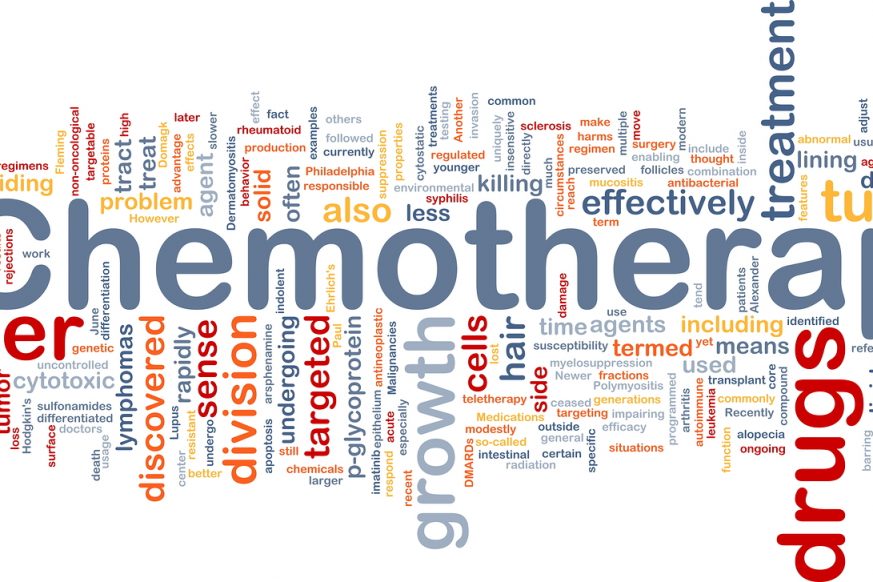
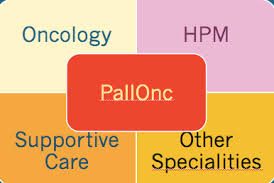
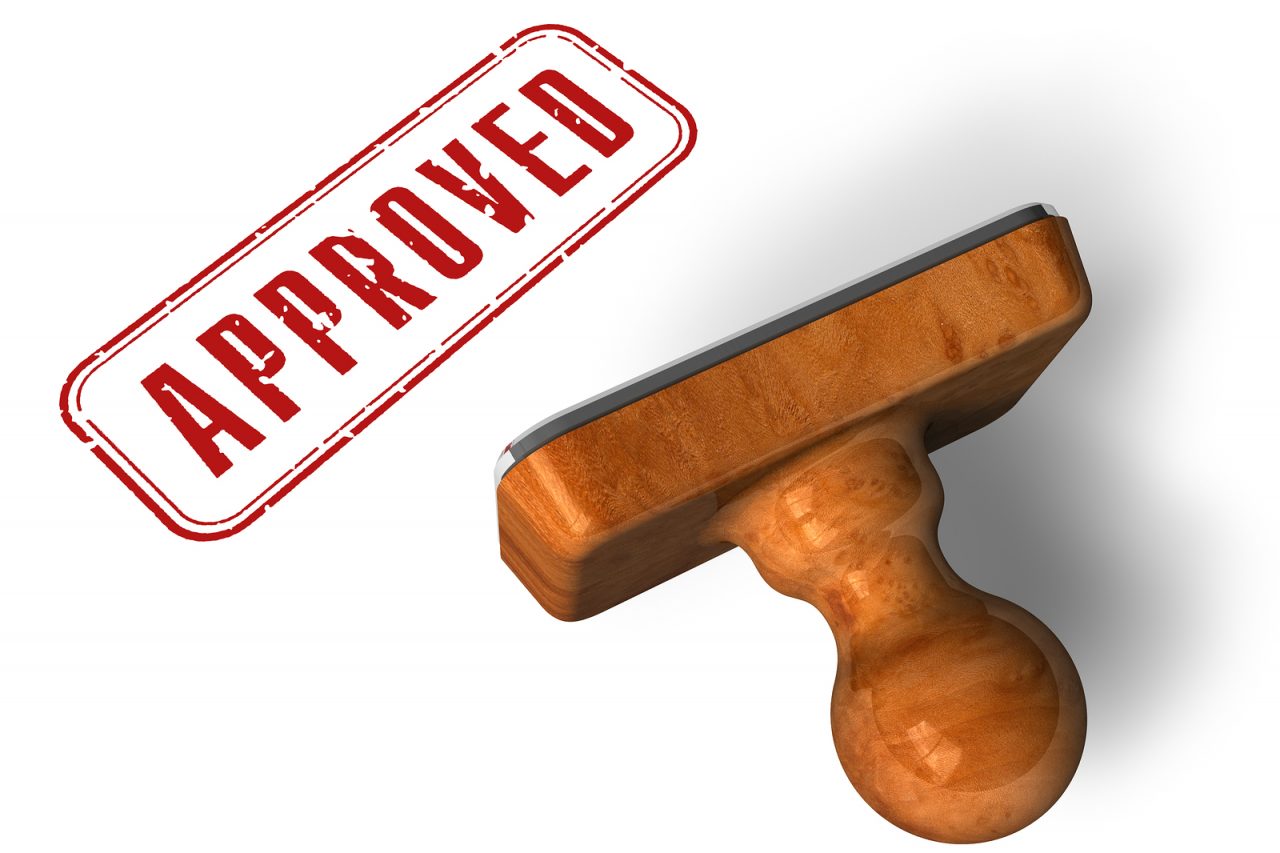
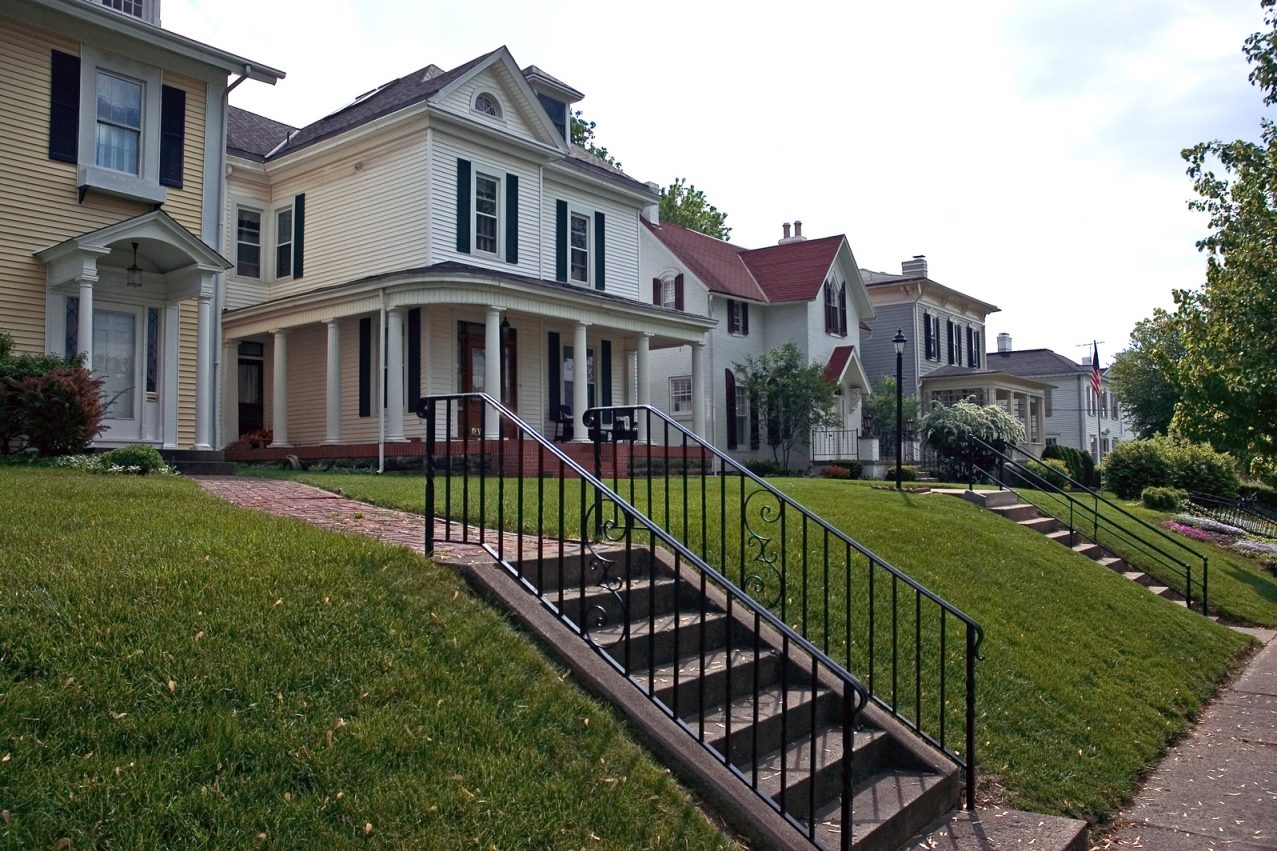
7 Comments